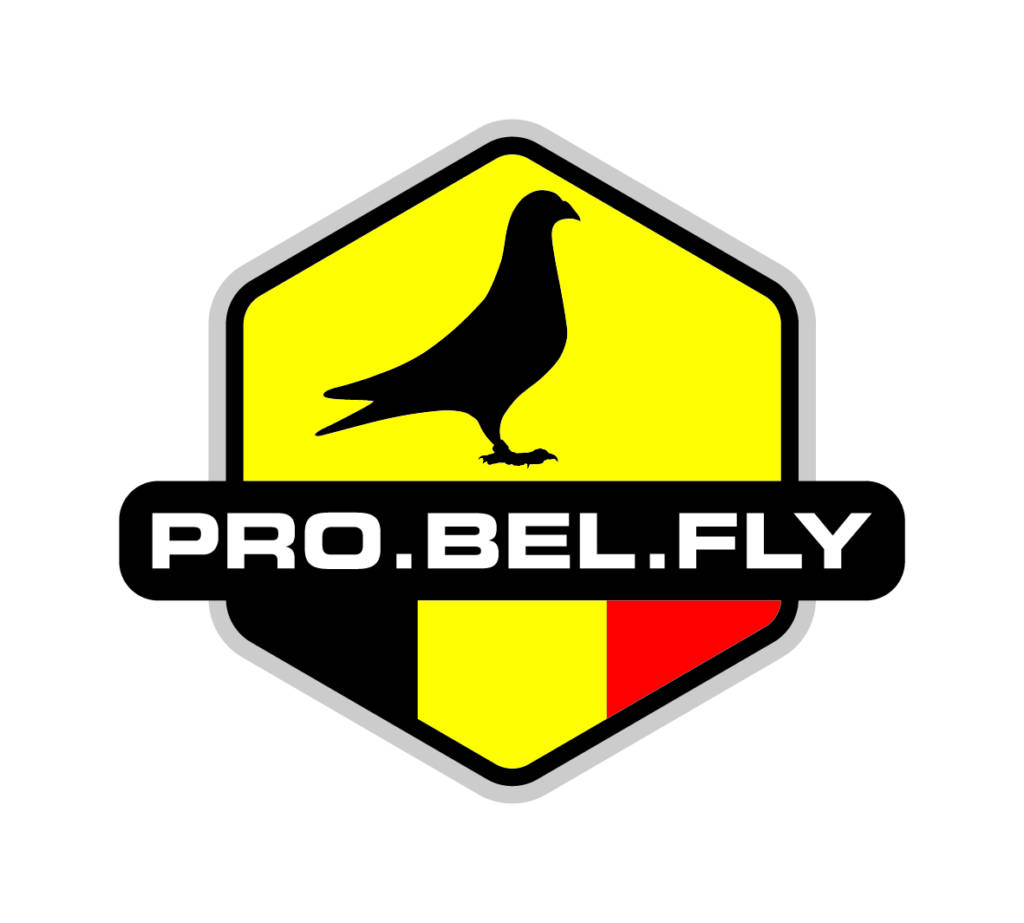Pigeons, like people, have three sources of energy:
- carbohydrates:- such as sugars, starch etc
- fats:- as in nuts, seeds, fish, meat etc
- Proteins:- present in cereals, pulses, meat, fish, poultry etc
These nutrients should be given to the pigeons in optimal form, and should only contain the highest quality of energy yield. All other forms are in fact additional load, and have less impact.
Consider for comparison a Formula 1 car which will only receive;
- superior quality fuel to give a higher yield per liter
- a carefully considered amount of that fuel because extra weight reduces speed.
So the more impure the energy source is, the more chance there is for contamination. This in turn creates extra work for the liver, which is crucial for the production of energy, indeed “The liver is the engine of the pigeon”
It is therefore extremely important to provide the right amount of nutrients, at the right time, and in the correct form.
Once this food reserve is adequately replenished, it is available for the pigeon to maximise during the flight.
The following factors are crucial;
- a maximum efficiency of the energy system: Optimization of the Krebs cycle
- an efficient operation of the converting organs, because fats can only be converted by a well-functioning liver
- continuous production of energy, therefore supplying enough microelements to ensure that this production can be optomised 100%, during a flight of several hours.
- stimulation of the energy to continue working at a top level: some phyto-therapeutics have been proved to achieve a genuine activation.
Also, keep in mind that recovery plays a major role in the preperation for the next race. A good recovery begins with adequate “loading” of the pigeons before the race, so that the pigeon can fly without going into the red. A pigeon that returns home with such reserves, has the ideal starting point to to give an even better performance the following week.
- Display 3 Products per page



